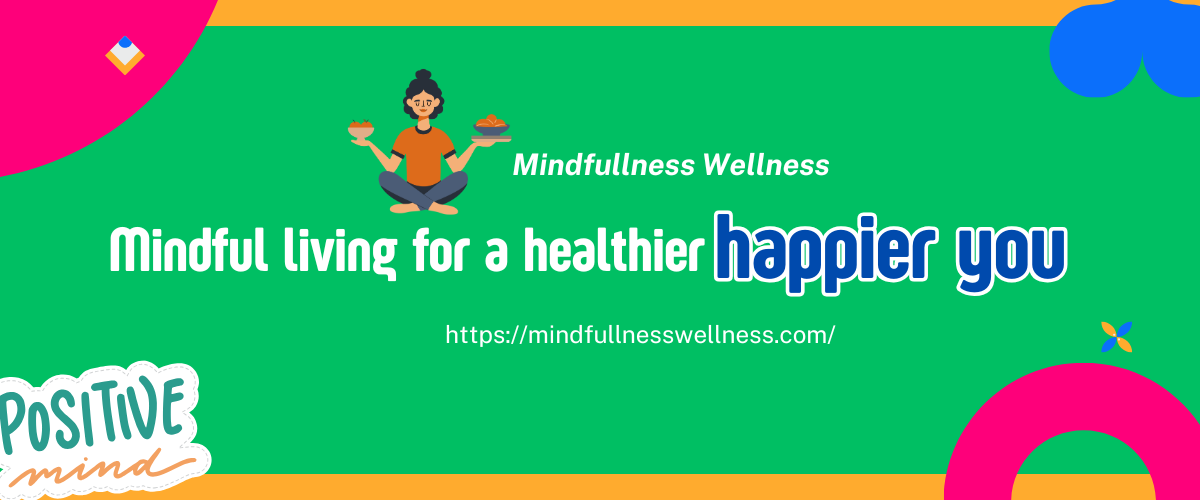Introduction: Redefining Self-Care in 2025
Forget the myth that self-care needs to be expensive, time-consuming, or Instagram-worthy. In 2025, the spotlight is on micro self-care—small, consistent acts that nurture your well-being throughout the day.
From a 30-second deep breath before emails to a nightly screen detox, these tiny rituals help recharge your mind and body without disrupting your busy schedule. They’re not only sustainable, they’re also backed by science.
1. What Is Micro Self-Care and Why Does It Work?
Micro self-care refers to simple, bite-sized practices that promote emotional balance, reduce stress, and improve your quality of life over time.
Unlike spa weekends or lengthy journaling sessions, micro self-care fits easily into daily life and creates a compounding effect—the more often you engage, the more resilient and grounded you feel.
2. 10 Powerful Micro Self-Care Ideas You Can Start Today
Here are some of the most effective micro self-care trends in 2025:
🌿 Morning Rituals
- Drink a full glass of water before coffee to rehydrate your brain
- Open a window or step outside to get natural sunlight for 2 minutes
- Set an intention (e.g., “Today I choose peace over perfection”)
💻 Midday Reset
- Close your eyes for 30 seconds and do three deep breaths between meetings
- Listen to one calming song while stretching your shoulders
- Unsubscribe from one email list that clutters your inbox (mental decluttering)
🌙 Nighttime Wind-Down
- Turn off your phone 30 minutes before bed (no exceptions)
- Write down 3 good things that happened today (gratitude journaling)
- Massage your hands or feet with oil for 1–2 minutes (soothing sensory care)
These micro-actions improve sleep quality, reduce cortisol, and support long-term emotional wellbeing.
3. Why Micro Self-Care Is Trending Now
In the wake of global burnout, people are realizing that consistent small efforts trump occasional grand gestures.
In 2025, the wellness industry is shifting toward:
- Sustainability over perfection
- Simplicity over luxury
- Integration into daily life instead of being a weekend escape
Social media influencers and wellness coaches now highlight “realistic routines”—authentic habits that regular people can stick with.
4. The Science Behind Tiny Habits
According to behavioral psychology, habits that are easy to complete are more likely to stick. When your brain experiences success from even the smallest wellness act, it releases dopamine—creating a feedback loop of motivation.
This is why taking one mindful breath when you feel overwhelmed can be more effective than planning a 10-day detox you never start.
“Self-care is no longer a luxury—it’s a series of tiny, daily revolutions in how we treat ourselves.” — Wellness psychologist, Dr. Mya Leen (2025)
5. How to Build a Sustainable Micro Self-Care Routine
Start small and stack your new habits onto existing routines.
✅ Anchor your practice:
Link your self-care act to something you already do daily.
Example:
- After brushing your teeth → do a 30-second stretch
- After your morning coffee → write a 3-word intention
✅ Make it visible:
Place a sticky note with a wellness reminder on your fridge, mirror, or laptop.
✅ Track your wins:
Use a habit tracker or journal to log your micro self-care—seeing progress builds momentum.
6. From Self-Care to Self-Compassion
Micro self-care isn’t just about feeling better—it’s about treating yourself with daily kindness and consistency.
When you pause, breathe, hydrate, stretch, or reflect, you’re telling yourself:
🧡 “I am worth this moment.”
And the more often you say that through action, the more resilient you become—mentally, emotionally, and even physically.
Conclusion: The Power of the Little Things
Self-care in 2025 isn’t about chasing trends—it’s about honoring your daily rhythms in small, meaningful ways. Whether it’s a 2-minute break or a moment of silence, these micro acts add up to macro change.
So start today. Pick one small thing. Repeat it tomorrow.
And remember: you don’t need more time—you need more intention.







